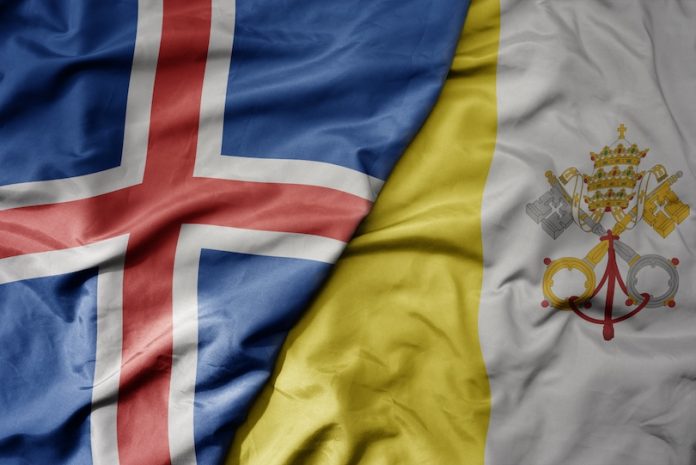The definition of ‘small states’ has been a subject of ongoing debate in International Relations scholarship, with the belief that state size plays a significant role in determining foreign policy choices. It is also assumed that decision-making processes in small states differ from those in larger states (East, 1973). The issue of small state agency in international politics revolves around fundamental elements like power and structures (Braun, Schindler and Wille, 2018; Barnett and Duvall, 2005). Scholars explore how small states can exercise agency and identify factors that enable or constrain their actions. For example, how did Iceland win the Cod Wars, and why does the Vatican City, the world’s smallest state, hold universal influence? This article argues that small states can exert agency in international politics, but their ability to do so is often constrained by structural limitations. While small states can wield power through various forms, such as compulsory, structural, productive, and institutional power (Barnett and Duvall, 2005), they are still constrained by the socially constructed international political order at certain times.
To delve into this discussion, the paper will first introduce the conceptual foundation, covering the scholarly debate on ‘small states,’ Barnett and Duvall’s power dichotomy, and the agency-structure problem. It will then discuss how small states can exercise agency through their geopolitical location with examples like Iceland in the Cod Wars. Additionally, it will explore other forms of power, including productive and institutional power, illustrated through the Vatican City State. The paper will also analyze how state identity influences agency through case studies of small states as discussed in the literature (Chong, 2010; Steinsson, 2016).
Conceptual Framework: Smallness and Power, Agents and Structures




